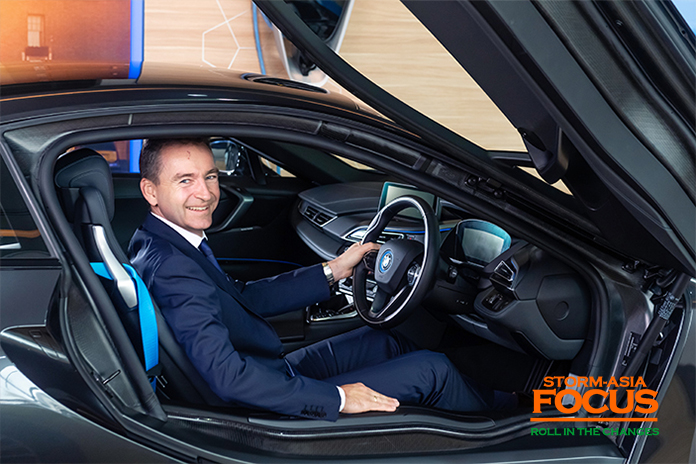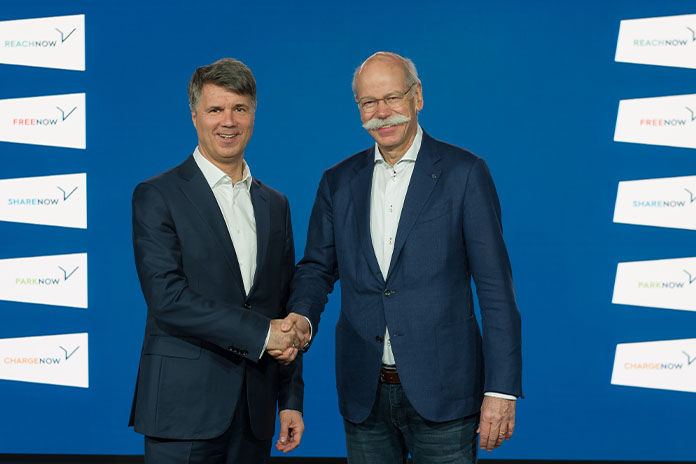
THE CHANGES taking place in the automotive industry are manifold and impact different markets distinctly.
In most markets, taxation imposes a heavy burden on the sticker price of cars. While some markets slap on an import duty, others, like Singapore, are more creative in developing taxes and utilisation charges to control the car population while beefing up the government’s coffers.
“Singapore is a regulated market and taxation makes cars expensive,” acknowledges Christopher Wehner, Managing Director of BMW Group Asia.
Headquartered in Singapore, BMW Group Asia is the regional hub, overseeing 13 markets in East Asia. It looks after corporate, IT, treasury and financial functions for the German brand and supervises the importers.
Wehner, who is based in Singapore, points out that public transportation in the Republic is “nearly perfect and inexpensive”.
“Nobody here needs a car,” he adds.
But they want one. And some people have more than one.
Continued Demand

In an environment where prohibitive prices prevail, the car becomes a status symbol, even if most people with one never really own it, as a result of the loan taken out to purchase the car and its lifespan of 10 years, due to the ingenious Certificate of Entitlement (COE) scheme that allows the government to keep its fingers hooked in the pie.
Regardless of the challenges of taxation and a new generation that is leaning towards sharing rather than buying, Wehner is optimistic about BMW’s future.
Moving People
“People want to have individual mobility. And a premium product or service will have appeal, regardless of the generation,” he reckons.
“We have not seen a tremendous decline for premium cars. In fact, the premium share will increase if the total market for cars declines.”
The increasing economic divide and the rising affluence of economies in this region could see a decline in demand for mass market models, whereas the wealthy will likely be less affected. To accommodate this possible effect, Wehner says that, as a business, BMW has to transition from selling cars to providing mobility services.

“With more than 60 million customers, the potential to grow turnover with each customer becomes greater,” Wehner points out.
Like many of the automotive manufacturers that are embarking on car sharing and supporting services for electric vehicles, BMW has its own set of apps and services.
Its February announcement of the collaboration with fellow German auto manufacturer Daimler AG brings the competitors together in a €1 billion joint venture to offer customers a single source for sustainable urban mobility services.
The two companies plan to expand their existing on-demand mobility offering in the areas of CarSharing, Ride-Hailing, Parking, Charging and Multimodality.
“We want to work towards a long-term partnership and share the value that arises from it,” Wehner says.
In a sharing future, even rivals can see the value in coming together.
Focus — Roll In The Changes: Views from the automotive industry.
Mobility Megatrends — Threats And Gains
Sharing In The Sharing Economy
Infrastructure Is Key In Going Electric




















